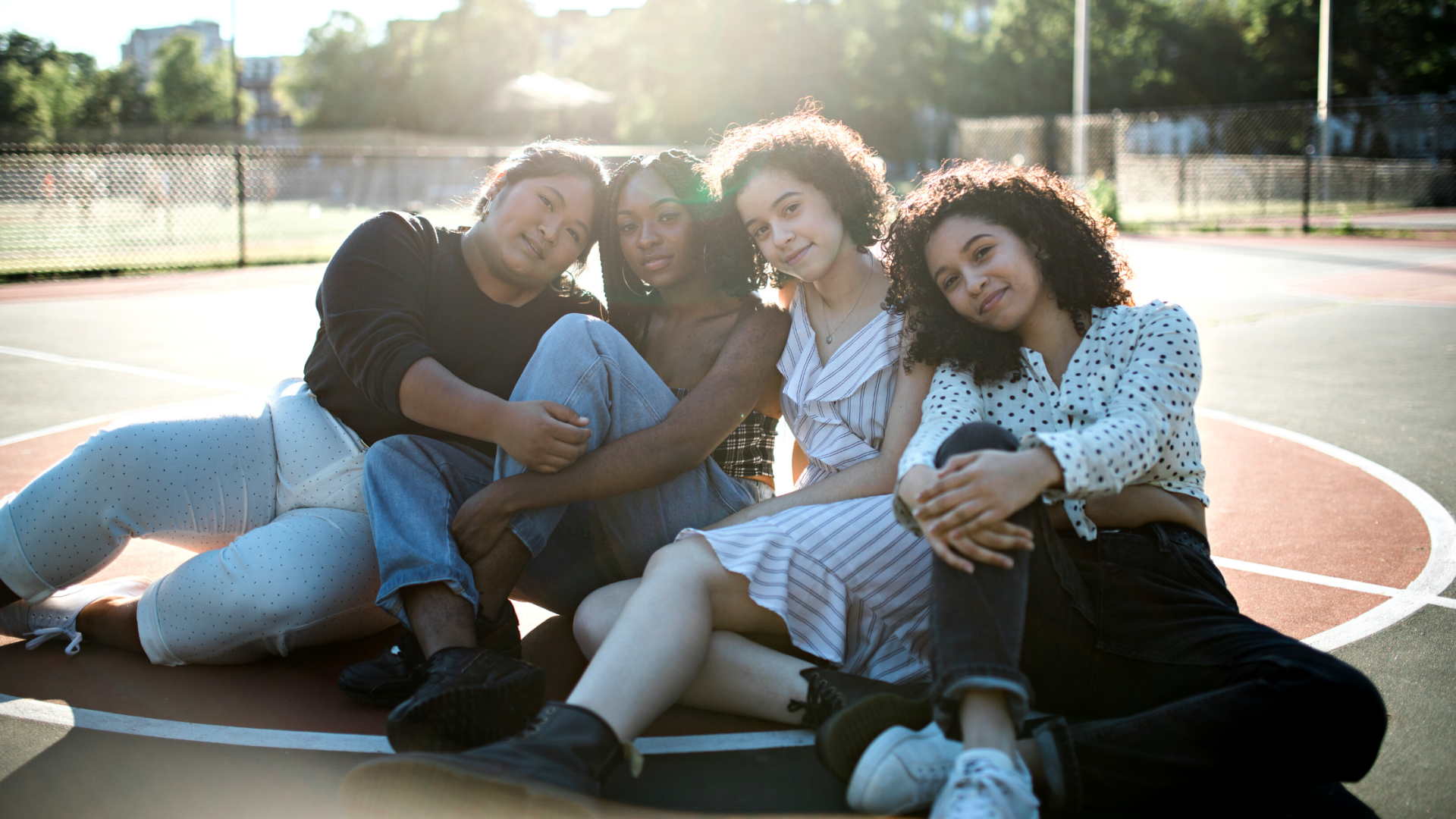What is a Rape Crisis Center?
Stella Ndauwa
As the NWA Center for Sexual Assault, our organization is considered a rape crisis center. But what exactly does that mean?
Rape crisis centers (RCCs) are community-based organizations that help victims of rape, sexual abuse, and sexual violence. RCCs provide various services such as crisis hotlines, counseling, advocacy, forensic exams, and community outreach. They are a form of social movement organization working to change societal attitudes and institutions regarding sexual assault and survivors.
There are various ways in which different RCCs do this, resulting in a diverse variety of how they're organized and connected to their specific communities. In the United States, the National Sexual Assault Hotline (1-800-656-HOPE, operated by RAINN) is a partnership with over 1,100 rape crisis centers.
Several different institutions provide services to victims of sexual assault, but the role RCCs play is unique. RCCs have no interest other than providing emotional support and aid to survivors. This is different from physicians, whose primary goal is to treat injuries. Or police officers, whose aim is to collect the facts. Or prosecutors, whose goal is to build a case. While RCCs often work with these institutions to support survivors, one of their goals is to reform how these organizations respond to sexual assault—often through education and training efforts. Communities with RCCs that are integrated with mainstream institutions are the best for responding to survivors. These relevant mainstream institutions include hospitals, law enforcement, prosecutors, university rape awareness programs, domestic violence shelters, mental health programs, and feminist groups.
Some of the significant current federal funding sources available to support rape crisis centers are the Violence Against Women Act of 1994 (VAWA) and the Victims of Crime Act of 1984 (VOCA). VAWA allocated $1.6 billion to states from 1994 to 2000, with about one-third designated for survivors of sexual assault. These funds are administered by the Office on Violence Against Women in the United States Department of Justice. Also administered by the Department of Justice, VOCA established a fund made up of fines paid by offenders. Donations from private companies and individuals are also vital in supporting rape crisis centers.
When looking at our website or some of our outreach materials, you'll often notice that under our name is a note, "formerly known as NWA Rape Crisis Inc." So why did we change our name? After some studies, we realized that our former name deterred survivors from seeking services. Many survivors don't classify their experiences necessarily as "rape." In addition, many survivors did not feel they were in an active crisis. So they often felt the name "rape crisis center" did not apply to their situation. That is why we are now called the "Center for Sexual Assault" because sexual assault encompasses a broader range of experiences.
We welcome all survivors to seek our services, whether they feel they're in an active crisis or not. And this goes for all rape crisis centers. We are all here to support you, in whatever way we can.
Share this post







